Forgetting your native language could lead to many consequences
Language is a huge part of everyone’s life. From speaking to family members to making up excuses to convince your teacher to round that 68.9 percent to a 100. Language connects us to others. But this connection gets blurred when one forgets their native language.
“I will say not knowing or struggling to pronounce words is a challenge because sometimes you want to talk with someone or help them out some way but you can’t because you’re not fluent with your native language,” said junior, Jerson Ayala. Ayala was born in the U.S, and claims to have forgotten his native language of Spanish at the age of six due to being told by a teacher that “we speak English here.” From that point on, English became his main language due to not learning Spanish from that point on.
The experience of forgetting your native language at a young age is shared by many young people like Ayala. “This year about 50 percent of my students from a hispanic/latino origin that do not know Spanish are in my class,” said Spanish teacher, Mayra Marcano. “I understand that the reason for which the majority of people who do not speak their native language are young is due to them receiving a completely english education, fear rejection, and want to be a part of a social group.”
Research from Language Attrition reported that there are indications that show a native language solidifies in children around the age of 12 and by removing a child from their native language community at an early age might start the process of language attrition which is defined as a process of losing a native, or first language.
With forgetting your native language a debate arises as to whether the loss of one’s native language also results in the loss of one’s cultural identity.
“I consider that language and culture are not connected, but that language is a fundamental part of culture,” said Señora Marcano. “However, the process of cultural assimilation has changed this concept a bit, since young people live in their homes they absorb the cultural aspects from their parents and in turn speak their native language less and less each day.”
This view of whether the loss of language results in the loss of culture is also shared with Ayala as he stated that the loss of language hasn’t affected his culture as others still see him as latino and that he still considers himself latino no matter what.
The loss of one’s native language does not deter them from trying to relearn their native language. “I understand the language a good chuck I just can’t speak it so yeah, but I can learn it instantly just like that if I dedicate time to, which I been trying to but I don’t got time lately but I can instantly not even exaggerating.” said Ayala.
Señora Marcano even recommends those who have forgotten their native language to relearn it as she stated “we always can learn a language or numeros number of languages, the mother tongue should be more easier to recuperate then learning a new language.”
For those who want to relearn their mother tongue Señora Marcano extends a piece of advice.
“Before learning I exhort that you conserve your native language, but if you have already lost it I invite you to recuperate it. Bilingualism is a golden opportunity and to achieve that opportunity you have to master both languages.”
Your donation will support the student journalists of Parkdale High School. Your contribution will allow us to cover our annual website hosting costs and publish some printed editions, as well.
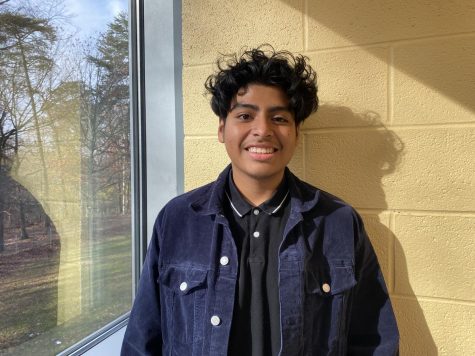
Johnny Martinez Duran is currently a senior at Parkdale and a proud member of the Paw Print. The great year of 2021 marks his first year of being a member...

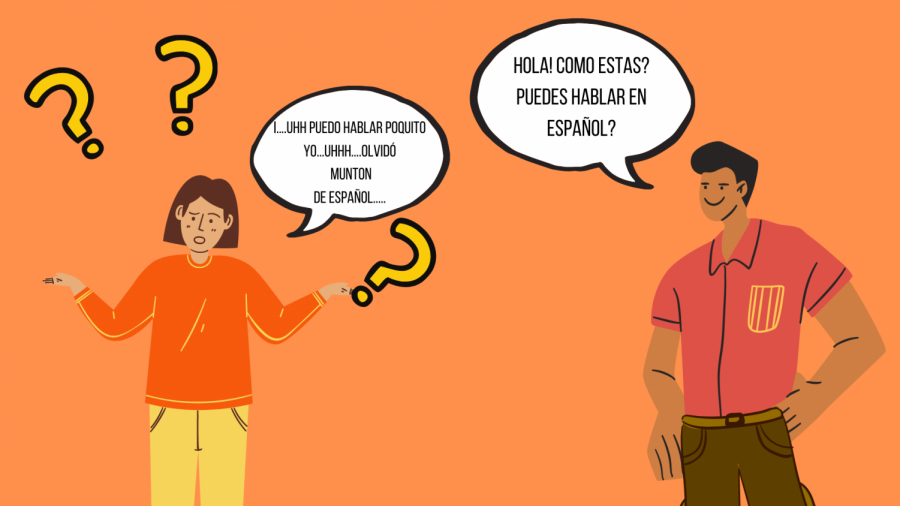
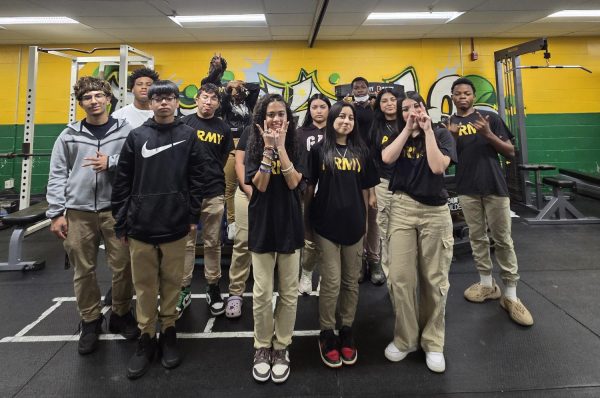
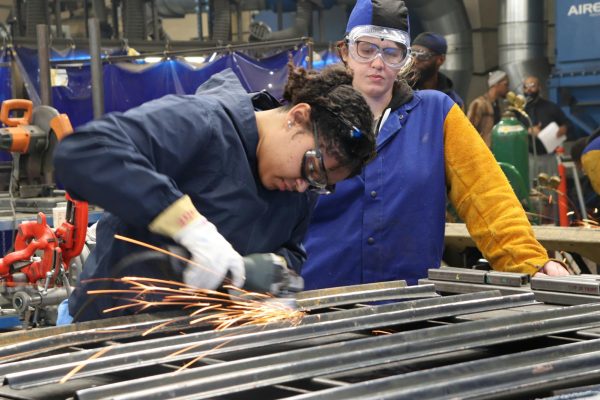


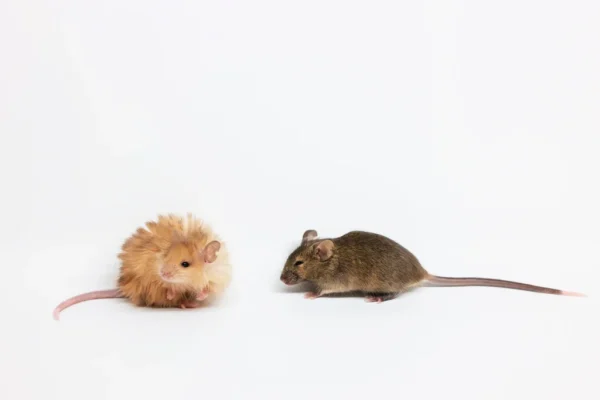

Ramiro • Nov 16, 2021 at 8:00 am
I say that you Native language is a part of you culture, but I would not say you are not hispanic just because you do not know spanish. I am hispanic but I know how to speak ,write, and read spanish, and that is because I always speak spanish everyday. I talk with my parents only in spanish and even with some of my friends we all speak spanish together as a way not to forget our native language. I was told I had to always speak english and school and so I did, but I still always had the consistency of speaking spanish at home and with my family so I do not forget. I would say to all the kids that forgot their native language just ask your parents to re teach you or just take a class it is nothing to be embarrassed about we all forget something and all we have to do is just learn it again.